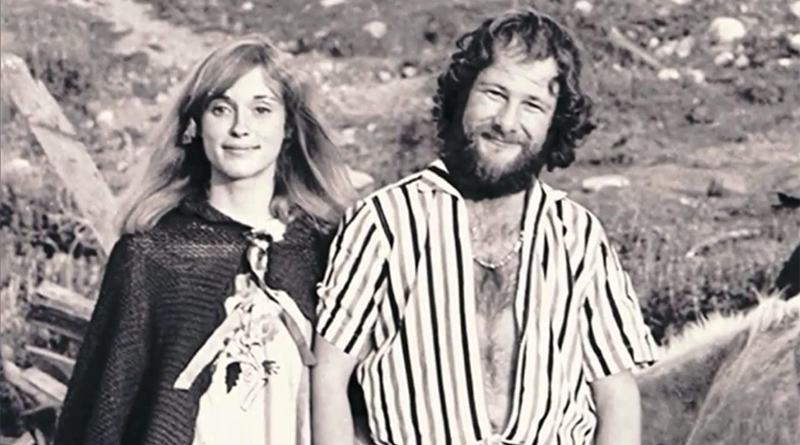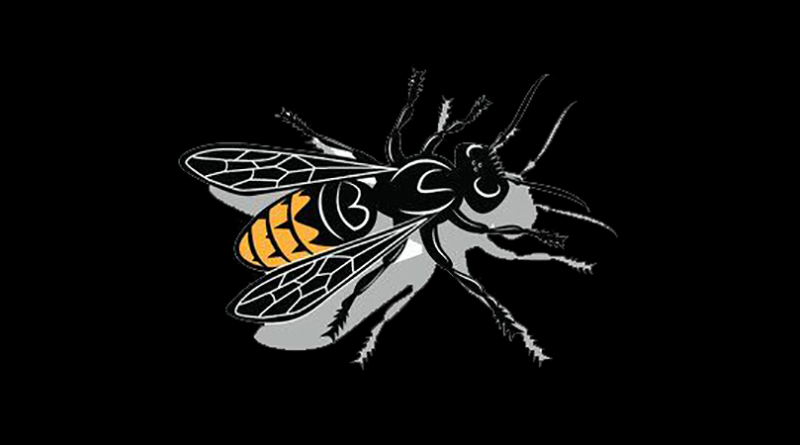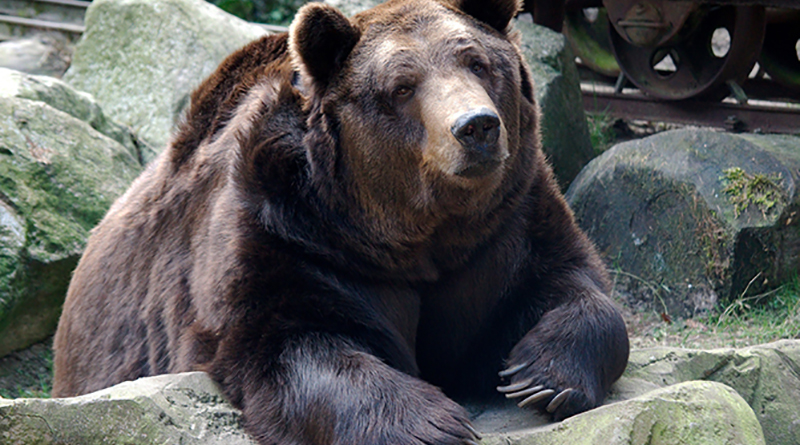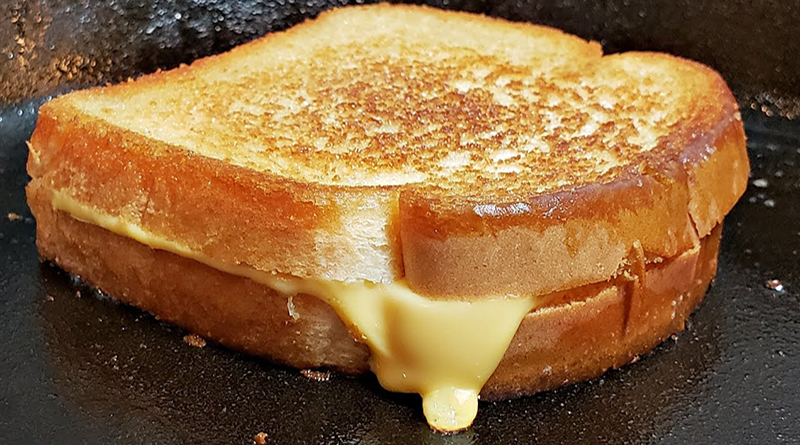Most of the 60s in my memory is like one long blur of trying to cook dinner from the inside aisle of a moving bus with pots and pans tied onto it. The Hog Farm started off with a lot of men and me, and then one fine day, Dorgie and Helena came up the hill and I was so thrilled, because then I wouldn’t be the only one cooking anymore. They would help me ’cause they were women and, of course, that’s what women did — sorry, folks, but it’s true. And we did that for a long time without questioning it.
We used to have this wheel called the Dance Master Chart, ’cause we started having a lot of people come up and look at us and see what we were doing and interview us and stuff, ’cause we were unusual. We were a commune, and there weren’t many. And we needed to know who was in charge in case anything happened. So we had this Dance Master Chart that would go around with the names of all the men, and we’d turn it one notch every day, and whoever the arrow was on, that was the person who was the boss that day. But it just went around the men.
And then we decided that, because there were three women now, we should have a Dance Mistress Chart. So we made a Dance Mistress Chart, and she would be the one who would cook. It never occurred to me that there was something inappropriate about this until a couple of guys showed up on the Hog Farm who just started cooking, and it blew my mind. And they were good at it. So after that, no one thinks twice about anyone who lives here taking their turn cooking. So I guess that’s one of the main differences. Certainly the role of women is much more expanded — everywhere, not just in our family.
…When the Hog Farm first began, I think women did all of the things that we used to call “women’s work.” Remember, back in the old days, when there was such a thing as women’s work? Mostly, it was anything to do with kids or cooking or arranging things for something important that was about to happen, which was always done by men. And I have to say that I was part and parcel of all of this, and it didn’t occur to me that anything was wrong with it. It carried on like that when we got on the buses and when we would start to travel. The women would do all the preparatory work, the men would drive the bus. And there was a big deal about who would drive the bus. We always had to give him the nicest cigarettes and the nicest meal, and he would get his choice of what he got to eat. All of the honors went to the person who drove the bus. And women were never, never allowed to drive the bus.
And I remember after a while that began to irritate me. Why couldn’t I drive the bus? I could drive a car — you know what I mean? — I could learn to drive the bus. Well, if you can’t fix it, you can’t drive it. So I could learn to fix it — you learned somehow! And it started to really bother me. Then I got into a situation one time that was really scary, where I couldn’t drive the bus, and I needed to be able to, very much. The American Indian Movement had taken over the Bureau of Indian Affairs. They had stormed the building and were holding it — we were in Washington, D.C. There were police everywhere, and the men were all standing out in front of the Bureau of Indian Affairs building with guns and war paint on. We had pulled our bus up there, and some of us had gone inside to film. Our bus was parked right in front of the BIA building. Wavy was in the back with a body cast on and he couldn’t walk — he had had some surgery. And I had a little baby in the bus. Lo and behold, the police came and said, “You better move this bus, or we’re going to tear gas it.” And I have a husband in a body cast and a little six-month-old baby, and I couldn’t move the damn bus.
So I had to go through the enemy lines. I had to get permission to get through the armed line. It took me about a half an hour to get inside the BIA building. This was an armed encampment. I get in, find Red Dog in there somewhere, and I get him to come out. It took us another half hour to get out. Thank God they didn’t throw the tear gas. He came out and moved the bus, and I remember: I just put my foot down. I said, “I’ve had enough of this shit. I can move this bus. Somebody teach me. Is there a key, is there a button you push?” And I remember the furor that went up about this. “Bonnie Jean wants to drive the bus. Well, it’s not right. Who do you think you are?” And it was a big scene. But I was just adamant. That is my first memory of any stirrings of some sort of women’s-rights feeling within myself. I was so outraged that my husband and my child should be endangered because women weren’t allowed to drive the bus. After that, things began to open up. And a couple of men came and joined the family who came from some other planet. God knows where they came from. But they walked into the Hog Farm and started cooking food.
I remember very well. We were camped in a meadow in New Mexico, El Valle Grande, and Ken Babbs takes this wind-up sewing machine off the bus, and he sits down there and he starts making himself a pair of pants. Unbelievable! A man sewing! This couldn’t happen! And he cooked too, and so did Peter White Rabbit. He came along and cooked, and then Rick Sullivan said, “Well, jeez, I can cook rice and vegetables, maybe I’ll do it once in a while.” And then little by little, it all just sort of changed over. I think the women did some pushing.
I think we said, “Enough of this, you can’t just assume that we’ll cook.” I remember saying to a couple of the male persuasion, a couple of times, “You eat, you cook. That’s how it is in this family if you want to live here.” But I have to say, for the most part, I think it dawned on the men the same time it dawned on the women that this isn’t right, you know. And so they started making changes at the same time we did. It seems the role of the women in the 60s was to create, was to do all the logistics that allowed the men to be wonderful. The role of the women in the 70s was transition, and the role of the women in the 80s was co-creating with the men as equals — absolutely. And the men know that, and the women know it. It’s something we all support together.
— Janhanara Romney, interviewed by Lisa Law in her book Interviews with Icons: Flashing on the Sixties







